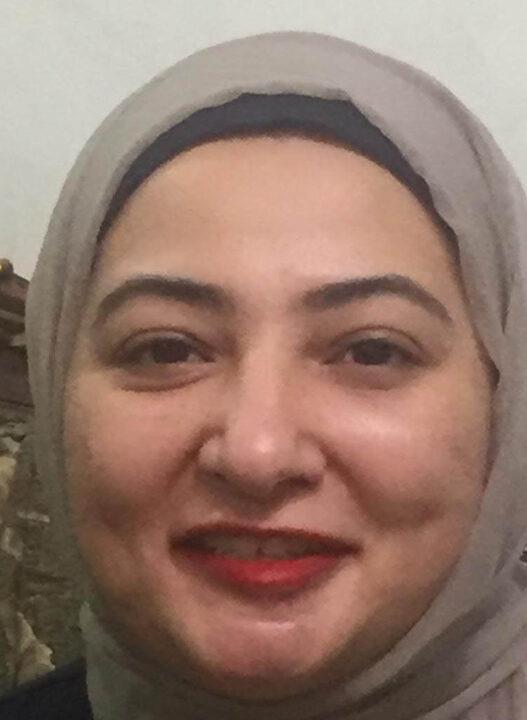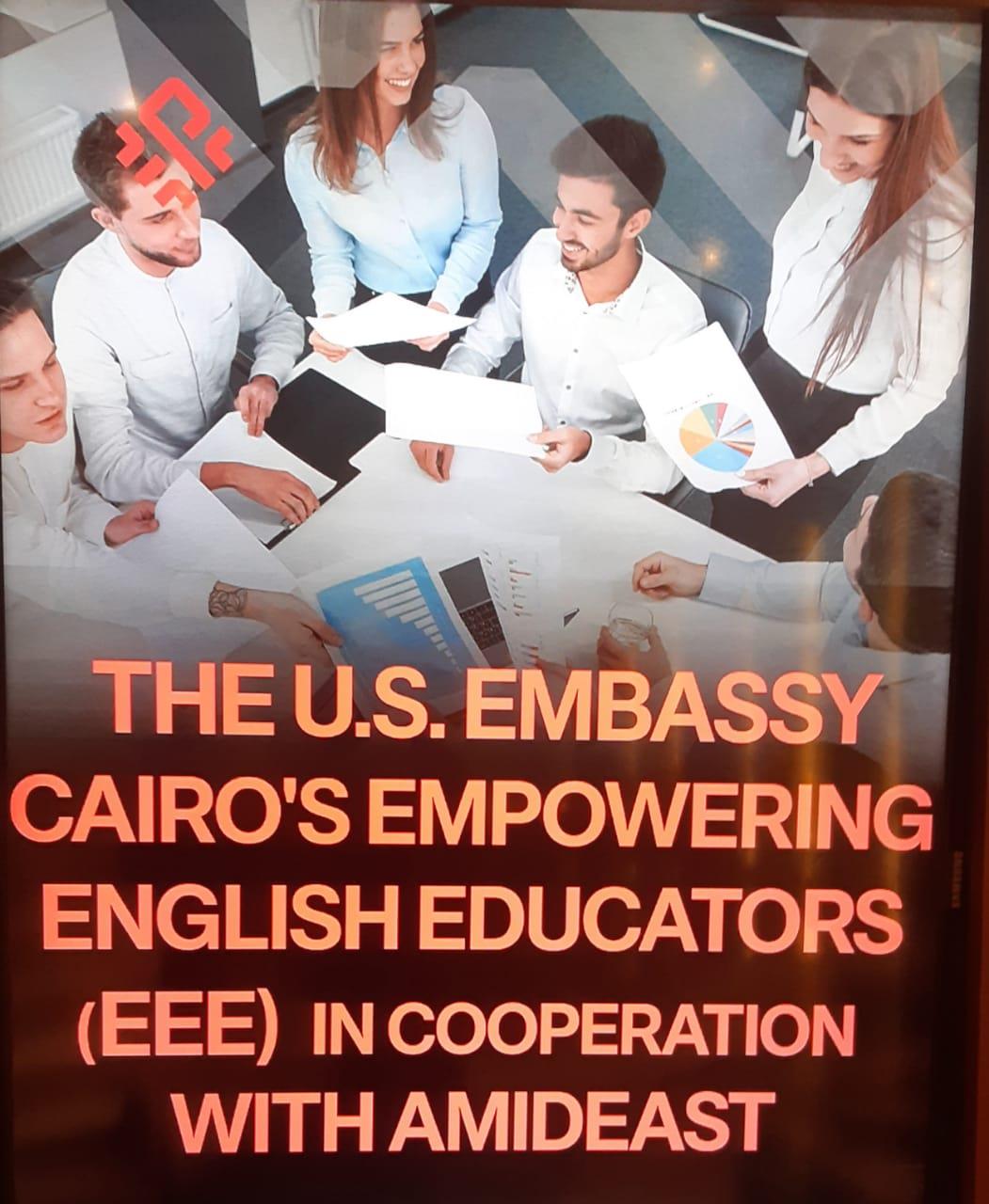
Opinion Bridges Of Soft Diplomacy: The 'Empowering English Educators' Experience Between Egypt And The US
For decades, English has held a privileged position as a global lingua franca-not merely as a medium of academic communication, but also as a tool for cultural exchange, a gateway to knowledge, and a passport to international labour markets. Investing in the professional development of Egyptian university professors in this field is therefore a direct investment in human capital. It also sends a political signal: that the United States seeks to build relationships grounded in knowledge and long-term partnership rather than short-term interests or narrow economic calculations.
The training itself was anything but conventional. Far from the monotony of lecture-based delivery, it unfolded through interactive workshops emphasising peer-to-peer learning, communicative methods, critical thinking, and project-based instruction. The environment was inspiring, challenging us to re-examine our classroom practices and equipping us with tools to transform students from passive recipients into active participants. For me personally, it was not just about acquiring new techniques, but about rediscovering my role as a university professor-not merely as a transmitter of knowledge, but as a bridge connecting my students to the wider world.
What struck me most was the dual identity of this programme. On one hand, it refined the pedagogical skills of educators. On the other, it acted as deliberate diplomacy, cultivating trust and strengthening ties between the two nations. When a professor returns to the classroom with this training, they not only pass on knowledge to hundreds of students but also carry a broader narrative: that such advancement was made possible through international collaboration, and that academic partnerships can serve as bridges binding Egypt and the United States together.

Dr Marwa El-Shinawy
Egypt's participation in such initiatives is not simply about receiving external support; it reflects a conscious strategic choice. In the face of mounting pressures on higher education and the need to align with global standards, the state clearly recognises that modernising universities begins with the professor. Embracing these programmes signals Egypt's seriousness in investing in human capital as a national priority, and its determination to equip graduates with the skills to compete globally.
Cross-border educational experiences always leave an imprint that outlasts the programme itself. They foster informal networks of professional solidarity, open channels of intellectual dialogue, and build reservoirs of trust that extend well beyond the training period. In this sense, the university professor becomes more than a member of an institution-he or she becomes a cultural envoy, carrying forward an experience that exemplifies the success of international cooperation.
It is worth reflecting on how cultural diplomacy often achieves what official diplomacy cannot. Governments may change, and political crises may escalate or subside, but the bridges built through education and culture tend to be more resilient and enduring. What I witnessed during this programme was clear evidence of that. While the immediate focus was on modern teaching methodologies, the underlying conversation was about values: the value of participation, the value of critical thinking, and the value of respecting diversity. These are precisely the values our societies need to meet today's challenges and shape a brighter future.
For me, the experience was not simply a fleeting professional opportunity-it was a moment to reflect on the deeper meaning of soft diplomacy when it materialises in tangible form. The programme undoubtedly offered practical tools to enhance our teaching. Yet it also delivered a more profound lesson: that education itself can be a vehicle for politics, and that when academic and cultural dimensions converge, the result transcends classroom improvement and extends to building mutual trust and reinforcing stability between nations.
Ultimately, the Empowering English Educators programme embodied the very idea of“education as diplomacy.” When an Egyptian university professor is given the chance to engage with global expertise and then transmit it to their students, the impact goes far beyond improving classroom outcomes. It contributes to reshaping the broader image of international cooperation. In this way, classrooms evolve into platforms for global dialogue, and a short-term educational initiative becomes a long-term political and cultural asset.
What I took away from this experience is the conviction that the most powerful forms of diplomacy are not always practised at negotiation tables. They often unfold quietly, in classrooms and training centres. It is there, in those understated spaces, that real impact is made, bridges are built that withstand crises, and hope is planted in a new generation capable of looking at the world with both a critical eye and an openness to dialogue and partnership.
Dr Marwa El-Shinawy – Academic and Writer

Legal Disclaimer:
MENAFN provides the
information “as is” without warranty of any kind. We do not accept
any responsibility or liability for the accuracy, content, images,
videos, licenses, completeness, legality, or reliability of the information
contained in this article. If you have any complaints or copyright
issues related to this article, kindly contact the provider above.













Comments
No comment